Study, work or travel in the UK. British
culture and life.


Eurolines: travel by coach to Ireland or Europe
|
|
Study, work or travel in the UK. British
culture and life.
|
|
||
|
|
|
|
||
 |
||||
|
|
|
|||
 |
||||
|
Eurolines: travel by coach to Ireland or Europe
|
||||
|
Sections:
|
Introduction | |
| Buying your ticket | ||
| Eurolines passes | ||
| Check-in | ||
| Journey breaks | ||
| Customs checks | ||
| Passport controls | ||
| Links |
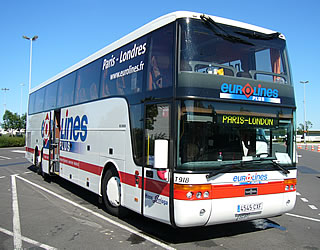 Eurolines coach |
|
Ticket name
|
2007 fares
|
|||||
|
Youth
(high) |
Youth
(mid) |
Youth
(low) |
Adult
(high) |
Adult
(mid) |
Adult
(low) |
|
|
15 Day Eurolines Pass
|
£189
|
£135
|
£115
|
£225
|
£159
|
£135
|
|
30 Day Eurolines Pass
|
£245
|
£175
|
£159
|
£299
|
£219
|
£205
|
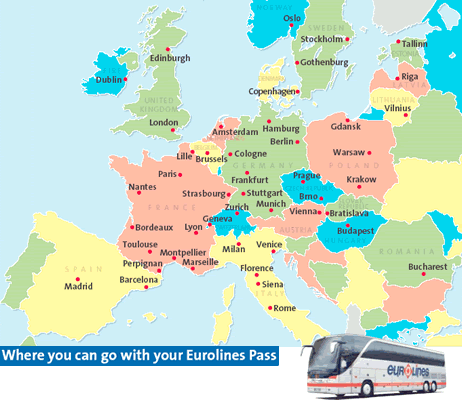 |
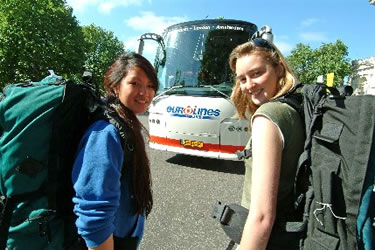 Backpacking with a Eurolines pass |
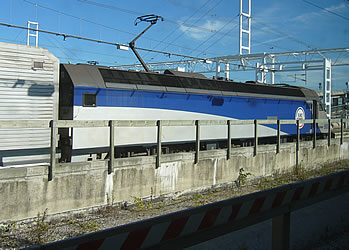 Eurotunnel train |
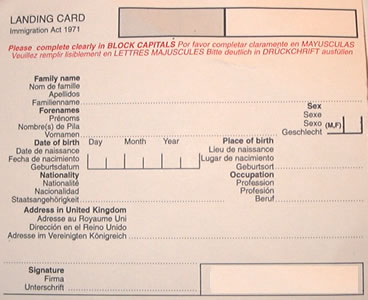 Landing card |